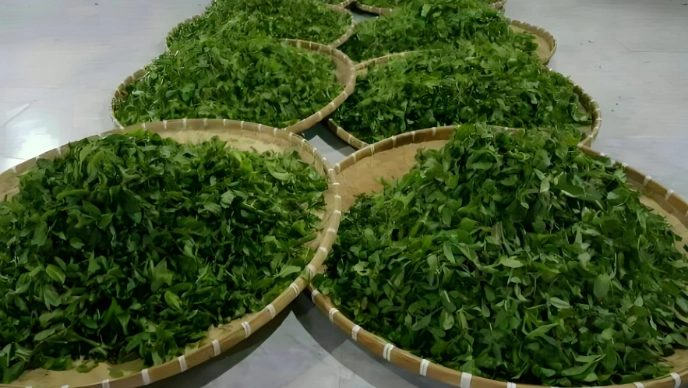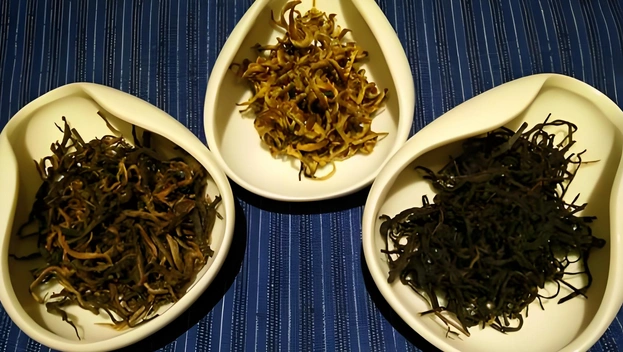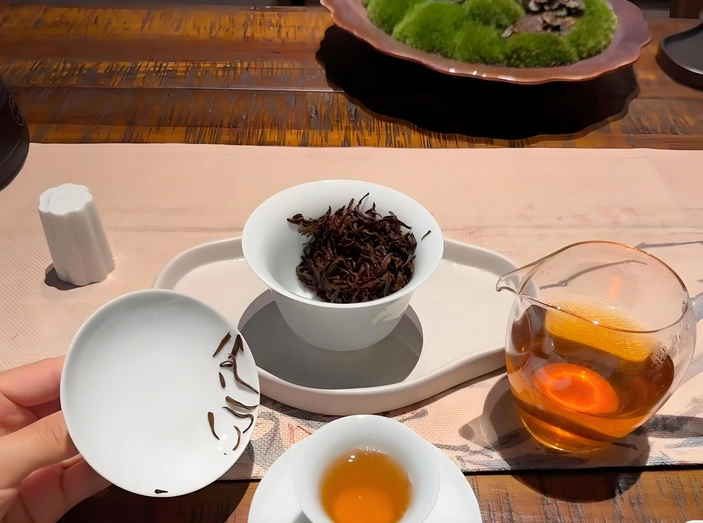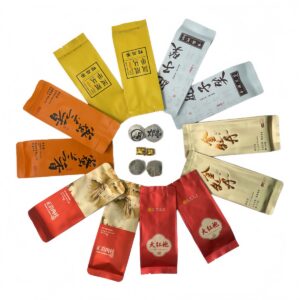Black tea antioxidants are nature’s sublime gift—a cascade of protective compounds that infuse every amber sip with vitality and resilience. From the first inhalation of warm, malty aromas to the silky caress of tea across your tongue, each cup carries a powerhouse of theaflavins, thearubigins, and polyphenols that guard your cells against oxidative stress.
In this article, we’ll dive into what makes black tea antioxidants so exceptional, explore hidden perks like anti-aging and immune support, discover how to brew for maximum potency, and share sensory-rich tips to transform your daily tea ritual into a fountain of wellness. Prepare to awaken your senses and elevate your health—one invigorating cup at a time.
Understanding Black Tea Antioxidants
What Are Antioxidants and Why They Matter
Antioxidants are molecules that neutralize free radicals—unstable atoms that damage cells and accelerate aging. In black tea, polyphenols such as theaflavins (TFs) and thearubigins (TRs) stand out. Research shows that a single cup of black tea can deliver up to 200 mg of these compounds, rivaling some fruits and vegetables in antioxidant capacity McKay2006. By scavenging free radicals, black tea antioxidants help maintain cellular integrity, support cardiovascular health, and protect against environmental stressors.
How “Black Tea Antioxidants” Outperform Other Teas
While green and white teas boast high catechin levels, the oxidation process of black tea converts many catechins into TFs and TRs—larger, more stable antioxidants with unique health benefits. Theaflavins contribute bright color and a gentle astringency, while thearubigins deliver depth of flavor and extended antioxidant action throughout the body. This transformation makes black tea antioxidants uniquely robust in combating oxidative damage.

Key Antioxidant Compounds in Black Tea
Theaflavins and Thearubigins Explained
- Theaflavins (TFs): Formed during the early stage of oxidation, TFs exhibit potent free radical–scavenging ability and support blood vessel health by improving endothelial function.
- Thearubigins (TRs): Accounting for up to 60% of total polyphenols in black tea, TRs provide lasting antioxidant protection and may help modulate gut microbiota.
Together, TFs and TRs create a dynamic duo that underpins the signature flavor and health-promoting power of black tea antioxidants.
Polyphenols vs. Catechins
Whereas green tea’s catechins excel as antioxidants, they can degrade quickly. Black tea’s polyphenols, transformed through oxidation, remain more stable, ensuring a reliable antioxidant boost cup after cup. This stability makes black tea a go-to for those seeking long-lasting cellular defense.
Health Benefits Beyond Oxidation
Black Tea and Aging
Oxidative stress drives skin aging and chronic disease. Theaflavins help counteract this by preserving collagen integrity and supporting skin elasticity. In a 2019 trial, topical application of TF-rich extracts reduced wrinkle depth by 12% over eight weeks . While sipping won’t replace skincare, black tea and aging benefits extend internally—encouraging graceful longevity and radiant vitality.
Black Tea and Immune System
Polyphenols in black tea modulate immune function by enhancing the activity of T-cells and natural killer cells. A review in Nutrition Reviews found regular black tea consumption reduced incidence of common colds by 20% during flu season . For those seeking natural defenses, black tea and immune system synergy offers a daily shield against seasonal challenges.

Black Tea for Energy
Caffeine’s Synergy with Antioxidants
An average cup of black tea delivers 40–70 mg caffeine—enough to stimulate alertness without the jitters of coffee. Paired with L‑theanine, tea’s antioxidants foster calm focus and sustained energy. Studies reveal that the combination of caffeine and theanine improves attention span and reaction time more effectively than caffeine alone Unno2018. Embrace black tea for energy to power your day with poise.
Sustained Vitality Without the Crash
Coffee often leads to mid-day slumps. In contrast, black tea for energy delivers a gentle lift that tapers smoothly, thanks to the stabilizing effects of antioxidants and L‑theanine. This harmonious blend supports productivity and well-being, cup after cup.
Brewing Tips to Preserve Antioxidants
Optimal Water Temperature and Steep Time
- Water Temperature: 95–100 °C to liberate TFs and TRs without burning leaves.
- Steep Time: 3–5 minutes—shorter steeps for lighter flavor; longer for deeper antioxidant extraction.
- Leaf Ratio: 2 g per 240 ml water ensures a robust antioxidant profile.
Cold Brew vs. Hot Brew Considerations
- Hot Brew: Maximizes TF and TR extraction quickly; ideal for immediate antioxidant intake.
- Cold Brew: Infuse leaves in cold water for 8–12 hours to reduce bitterness and yield a smoother, albeit slightly lower, antioxidant concentration—perfect for warm days and sensitive palates.

🔗 To learn more about how to make tea, check out Tanbiwencha’s YouTube video explaining how to make tea.
Integrating White Tea for Antioxidant Balance (Optional)
White Tea’s Catechins Meet Black Tea’s Theaflavins
White tea shines with delicate catechins like EGCG, which offer rapid free-radical scavenging. When blended with black tea’s theaflavins, you get a broader spectrum of antioxidants. A 1:1 ratio highlights EGCG’s potency and TF’s stability for double-edged protection.
Blending Ratios for Maximum Benefit
- Equal Parts: 50% black tea, 50% white tea for balanced antioxidant impact and nuanced flavor.
- Steep at 90 °C for 3 minutes to preserve white tea’s fragile catechins while extracting theaflavins.
Lifestyle Strategies to Maximize Antioxidant Impact
Pairing Tea with Antioxidant‑Rich Foods
Combine black tea antioxidants with berries, dark chocolate (70%+), or leafy greens to amplify free-radical defense. These foods provide complementary flavonoids and vitamins, creating a synergistic antioxidant network.
Exercise, Sleep, and Stress Management
- Exercise: Moderate aerobic activity boosts endogenous antioxidant enzymes.
- Sleep: 7–9 hours nightly to support cellular repair.
- Stress Relief: Mindful tea rituals and deep breathing reduce cortisol-related oxidative damage.
Conclusion
Harnessing black tea antioxidants is an invitation to sip your way to radiant health. From theaflavins that strengthen blood vessels to thearubigins that sustain cellular defense, this timeless brew offers a symphony of compounds that support anti-aging, immune resilience, and balanced energy. By brewing thoughtfully, pairing with nutrient-dense foods, and embracing holistic lifestyle habits, you transform every cup into an elixir of well-being. Raise your teacup, inhale deeply, and let the vibrant power of black tea antioxidants illuminate your journey to lifelong vitality.



